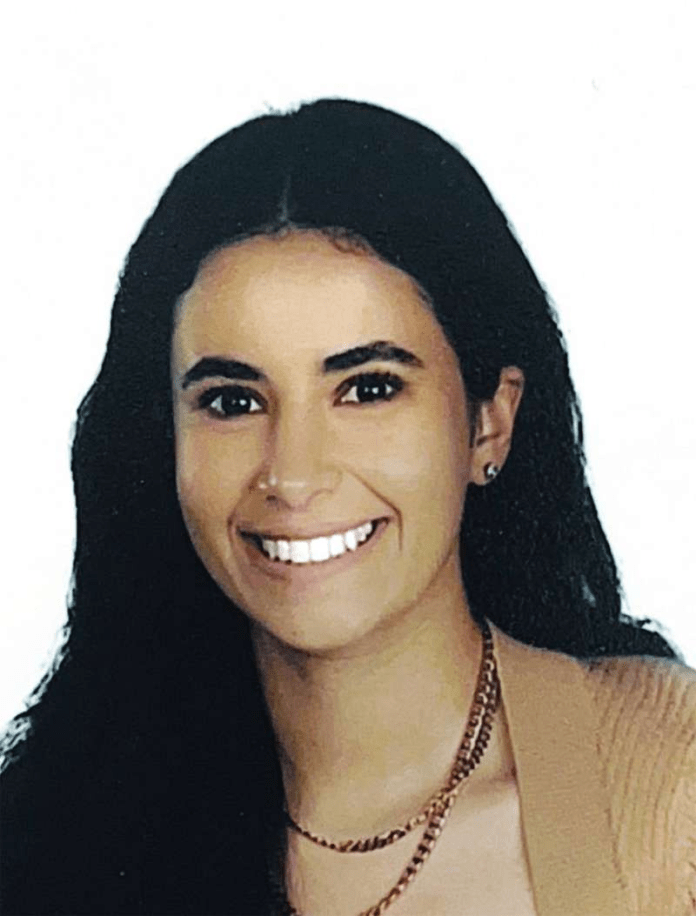The Public Anti-Corruption Authority (Nazaha) said corruption poses a great challenge to countries all over the world, explaining that the United Nations described it as a “severe epidemic that can lead to the demise of countries regardless of the size and wealth of the state,” calling it a significant negative impact on society, and due to its transnational reach, the United Nations Convention against Corruption (UNCAC) was established, reports a local Arabic daily.
An administrative professional in the Department of International Cooperation at the authority, Judd Al-Hajri, told a local Arabic daily that, “The UN convention came as a tool to enhance international cooperation in the fight corruption, as the convention was adopted in 2003 and entered into force in 2005 and contains 71 articles.
Member states, she said, must through conventions seeks to prevent and combat corruption on a global scale, providing a comprehensive set of standards, rules and measures that countries can implement in order to strengthen regulatory and legal frameworks to combat corruption, which proposes to criminalize corruption in the public and private sectors, and to implement measures preventive measures to reduce it.
She indicated that “inter-state cooperation encourages the prevention and detection of corruption, as well as the achievement of the asset recovery process,” noting that Article 60 of the Convention deals with the topic of (training and technical assistance), which in turn includes 8 main guidelines, describing technical assistance and training in combating corruption. According to Article 60, “States must initiate, develop and improve specific training programs for all individuals involved in the fight against corruption.”
She explained the “Member states are required to provide each other with technical assistance measures, through material support and training on anti-corruption plans, especially for developing countries, which are a hotbed for the spread of corruption more, so the focus is on assisting developed countries for developing countries in establishing strong agencies to combat corruption,” by providing appropriate frameworks and financing implementation processes.
Accordingly, member states should support efforts to enhance training in international and national organizations, assist each other in conducting research and assessment, on the causes, types and effects of corruption, and provide the names of experts who would be useful in the fight against corruption, and states parties are expected to facilitate international cooperation. in the areas of extradition and mutual legal assistance.
Al-Hajri concluded by saying that states use international and national conferences to enhance technical assistance and cooperation against corruption, so that member states are encouraged to enhance the exchange of information to enhance the fight against corruption, noting that states parties and the United Nations are required to establish voluntary mechanisms to contribute to strengthening the fight against corruption and reducing it in countries developing, whether it is a material or informational contribution, or in any other field.
Al-Hajri stated that Kuwait has participated, through Nazaha, in many local and international programs, where training programs focus on areas such as:
— Appropriate measures to detect, prevent and investigate corruption
— Monitoring the movement of corruption proceeds
— Capacity building for planning and developing anti-corruption policies
— Preventing the transfer of corruption proceeds
— How to protect witnesses and victims who assist judicial authorities.

















